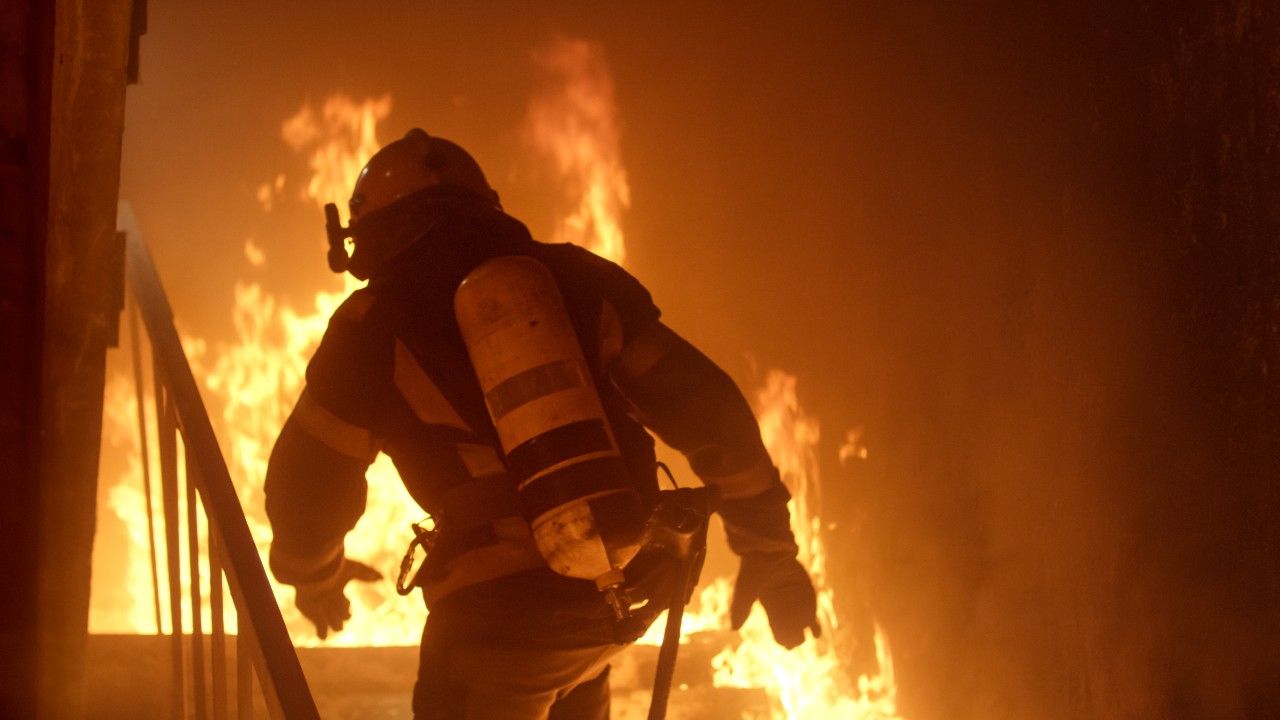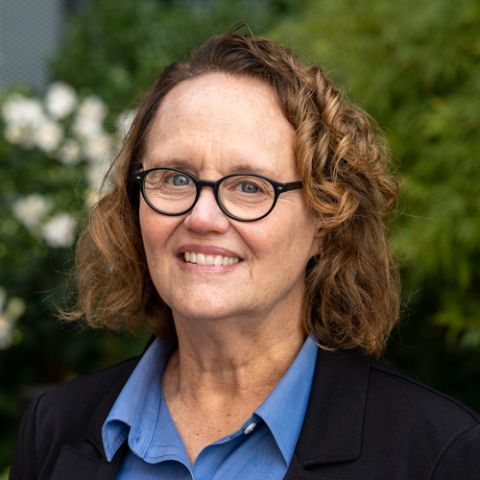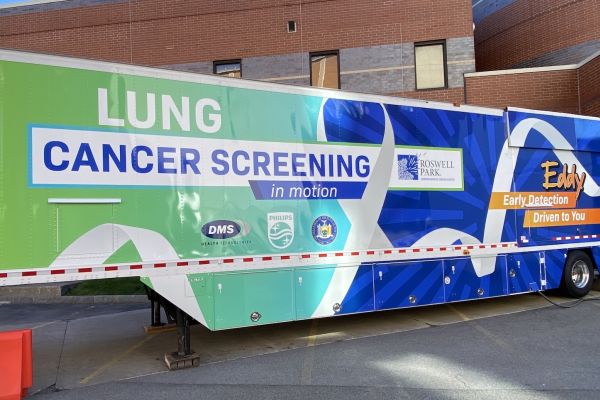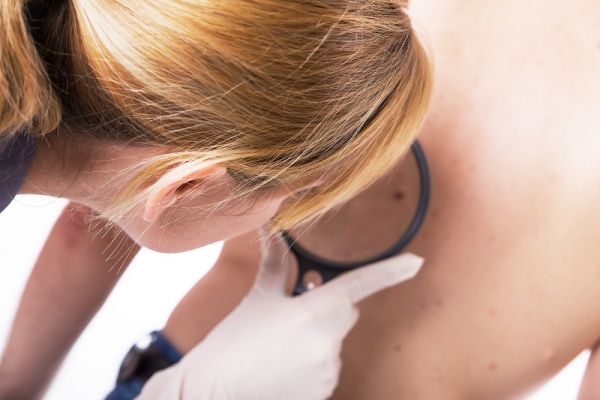The men and women who run into burning buildings have a dangerous job in more ways than one. Their occupation also puts them at higher risk for several kinds of cancer.
Firefighters, in particular, and other first responders are at higher risk of developing myeloma, lymphoma and cancer in the breast, lungs, skin, liver, testes, kidneys, bladder and other organs, says Mary Reid, MSPH, PhD, Chief of Cancer Screening, Survivorship and Mentorship at Roswell Park Comprehensive Cancer Center.
“Firefighters are exposed to a lot of different chemicals that are aerosolized and volatilized by fire, and depending on what’s burning, it can be heavy metals, highly flammable building materials, arsenic, petrol or diesel, even when they’re using their masks and respirators appropriately,” Dr. Reid says.
"Fire breaks the chemical bonds that hold together different compounds, all of which can be breathed into a person’s lungs and cause inflammation that could lead to bigger problems, including cancer. The chemicals get into your system and you metabolize them and then your organs and fat stores are exposed to them and they can accumulate there. If you’ve been a firefighter for 20 years or more, you really start to see the risk increase,” she explains. “The longer folks are working, the more fires they have responded to, the different chemicals they are exposed to, the higher their risk.”
But chemicals don’t just come into the body through the lungs — exposure of the skin plays a big role in increasing cancer risk for firefighters. While dirty gear and helmets used to be a sign that someone worked hard at a fire, that has changed. Firefighters are now being taught about the dangers and the potential hazards of their job when they get hired.
Early detection means early treatment, better outcomes
The most important message is to come in and get all appropriate cancer screenings as soon as possible, starting with a skin cancer screening. “Imagine if you’re a 30-year firefighter and your neck is exposed at every fire you went to, every time. Even if skin cancer doesn’t develop, those chemicals are being absorbed into your system,” Dr. Reid says.
Urging firefighters to get screened is a hard message to get across for people who willingly risk their lives and safety as a regular part of their livelihood. “These are not the people who go to the doctor for a hangnail,” Dr. Reid says. “They’re tough! But they need to take care of themselves, prevent exposures and come in for a screening. They can come into Roswell Park, and we’ll look at their skin, do a full physical, help with bloodwork and get them into any screenings they need.” Since 2019, Roswell Park's First Responder Screening Program has screened 1,282 firefighters and other first responders in Buffalo and Niagara Falls.
Dr. Reid maintains that all jobs put people at risk for health problems and cancer, including her own, where she spends a lot of time sitting at a desk. However, she makes a point to get an annual mammogram because she knows it’s an important component of early detection.
"Firefighters and other first responders also have high-stress jobs and we know that stress, chronic inflammation, can increase your risk of cancer,” she says.
Take charge of your health
Roswell Park recommends all first responders undergo a comprehensive medical exam each year
Clean equipment mitigates risk
Fire departments also stress the importance for firefighters to properly clean all equipment needed to go into burning buildings. Exposure to chemicals released in a fire is cumulative, meaning the longer a person is on the job, the more cancer-causing chemicals can build up in the body, especially in the fatty tissue to which these chemicals are drawn like a magnet.
Roswell Park collaborated with the Buffalo Fire Department and Buffalo Professional Firefighters Local 282 to establish a cancer prevention committee that meets regularly to keep these important issues at the forefront of the fire service, and established a three-pronged approach for reducing risks, which includes:
- Enhanced annual medical physicals for first responders through thorough exams and cancer screening tests.
- New post-exposure safety procedures including decontamination wipes and “shower within an hour” protocol using a specially formulated shampoo/body wash, with wipes and body wash donated by Roswell Park to be distributed to all 19 firehouses within the Department.
- Three-season parkas with removable, washable liners to EMS personnel, greatly reducing potential for contact exposures to toxic substances for both EMS personnel and community members they serve.
Fear of the unknown is something firefighters deal with every time they go into a burning building, but that's different from possibly hearing bad news from a doctor. So it's better to know, and find out early than to let a problem go unsolved, Dr. Reid advises.
Eddy brings lung cancer screening to the firehouse
Routine cancer screenings can help find small problems before they grow into bigger, more serious ones. Roswell Park's mobile lung cancer screening truck, known as Early Detection Driven to You or "Eddy," provides easy access to lung cancer screening to those most at risk. While Eddy makes it more convenient for First Responders to get screened at their firehouse, community members at higher risk for lung cancer can also be screened, too. Learn when Eddy might be in your neighborhood.




